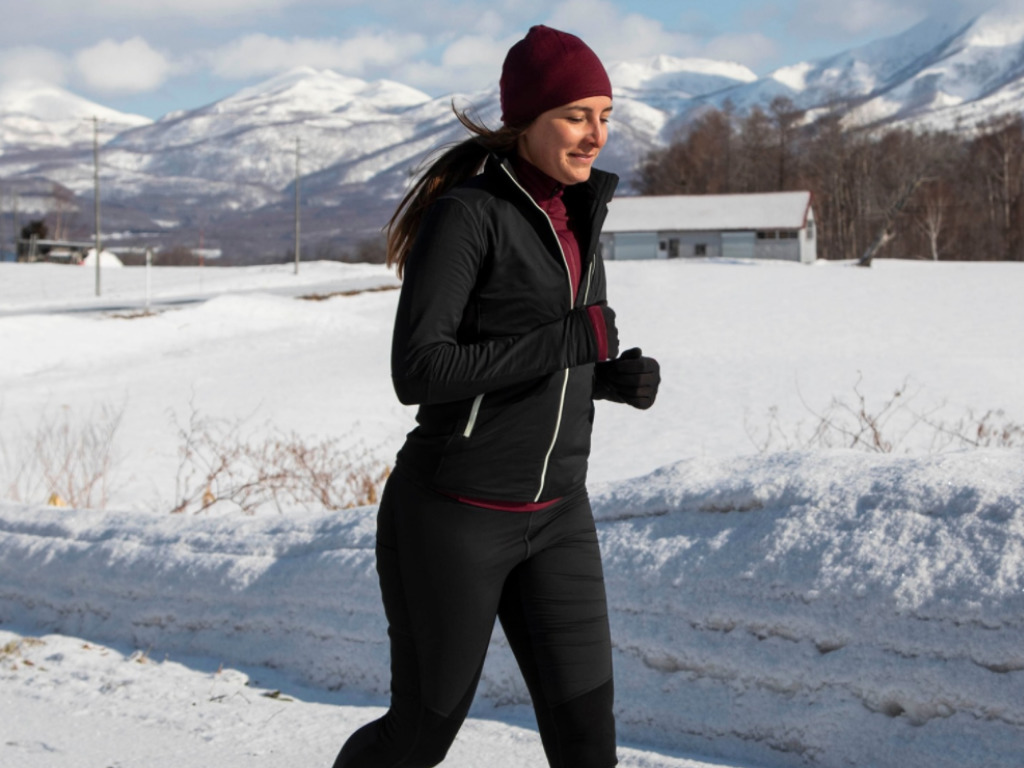3 Mins Read
Apparel company Icebreaker released its fourth annual transparency report mentioning its goal of having plastic-free fibres by 2023. The report highlights that the company has already achieved 91% progress on this target by having merino or plant-based fibres in its collections.
New Zealand-based Icebreaker provides shoppers with natural, high-performance outdoor clothing. In 2021, 91% of its total fibres are free from plastics with an additional 65% more styles made from 100% merino or plant-based materials.
Founded by Jeremy Moon, the company is part of the VF Corporation and its items are sold in over 5,000 stores in 50 countries.
Working towards last 9%
Though Icebreaker has achieved 91% of its plastic-free goal, the company is “doubling down” for the rest. It said that meeting the last 9% is not easy.
At the moment, synthetic fibres that are developed from petrochemicals exist in the range. For instance, the underwears feature elastane, socks have nylon, and polyester remains in the jackets.

100% plastic-free
The company emphasized the importance of becoming a plastic-free company given that the pandemic has seen a massive increase in single-use plastic consumption like disposable protective gear.
Read: Report – just 20 firms are behind 50% of all throwaway plastic waste
In 2021, the company aims to sell over 1.3 million units of 100% merino or plant-based apparel. This will include Tech Lite tee, Quantum mid-layer, and ZoneKnit hoodie, all made from 100% merino(sheep wool).
In the past, the company included plastic-free swing tags, saving over 2 million units of plastic each year. It introduced plastic-free full-body mannequins created from non-toxic paper pulp and made all its retail stores plastic-free as well.
The report mentions that 59 synthetic-heavy styles worth US$7.9M have been eliminated and natural dyes created from renewable plant-based dyes have been included. In 2019, it made its clothes PFC-free and acrylic-free.
In a statement, brand president of Icebreaker, Jan Van Mossevelde said: “Like many consumers around the world, we found ourselves facing the creep of plastic into our lives and our product line. So, in 2019 we made a bold commitment. By 2023, our aim is for all our clothing to be made from merino wool or plant-based fibres. For the very small amount of petrochemical synthetics that cannot be removed, we’re working on alternatives, including using bio-based fibres for now.”

By 2023, our aim is for all our clothing to be made from merino wool or plant-based fibres. For the very small amount of petrochemical synthetics that cannot be removed, we’re working on alternatives, including using bio-based fibres for now
Jan Van Mossevelde, brand president of Icebreaker
Focus on regenerative agriculture
In keeping with its sustainability goals, the company has decided to focus on regenerative agriculture. It will work with growers to help conserve and restore the ecosystem. By 2023, it has committed to having 100% of contracted growers become a part of the program.
Read: Regenerative Agriculture: U.S. Farmer Sequesters Carbon For Cash Earning US$115,000
In addition, it will continue its collaboration with Finnish start-up Spinnova to unveil yarn blending merino and cellulosic fibres. To remove the remaining synethic fibres, it will create bio-based elastane and nylon in partnership with yarn producers and bio-feedstock suppliers.
It will further ditch back neck and pip labels of new styles and instead incorporate 100% natural fibres by 2022 using organic cotton fabric printed labels.
Lead image courtesy of Icebreaker.




